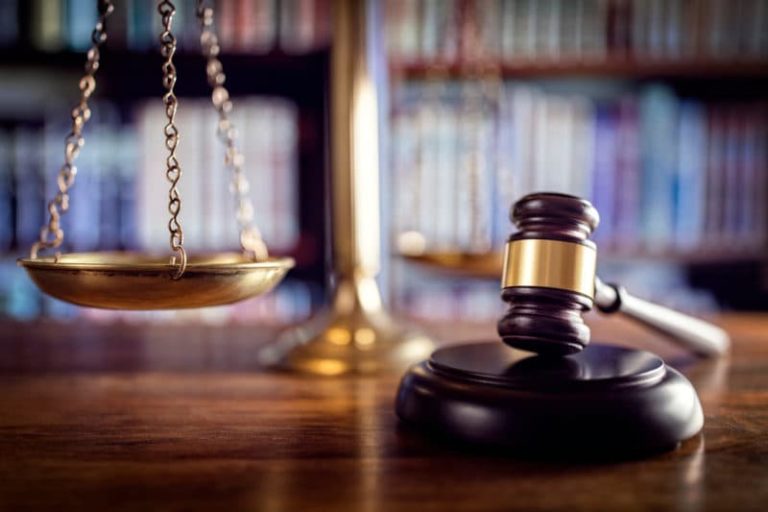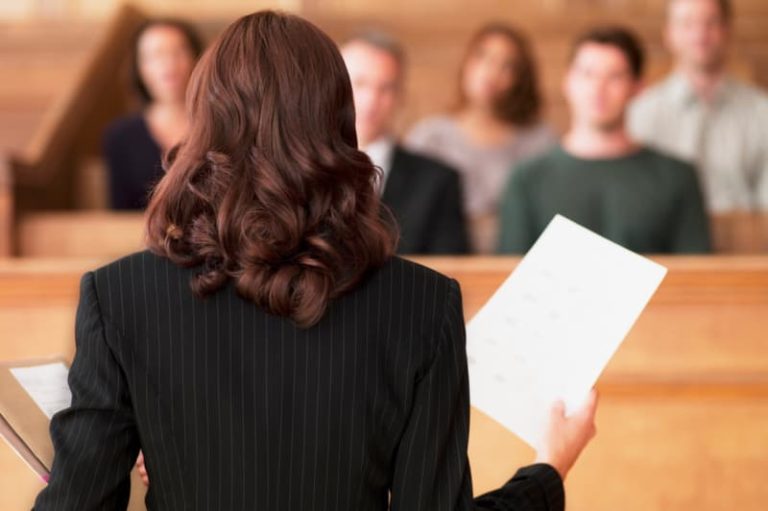Why People Who Have Endured a Catastrophic Loss are Often Extremely Unhappy With the Outcome of the Criminal Case
The following is adapted from Unthinkable.
It was eight in the evening, Denver time, on Wednesday, April 28, 2020. Our COVID-19 lives were just beginning. I had finished a workout in the basement and was sitting in the kitchen eating a barbecue sandwich when my phone rang.
My sister, in Florida—calling at ten o’clock her time? That didn’t happen very often. I answered. She wasn’t crying, but I could tell something was wrong. My sister told me an officer had knocked on her door, asked if Margaret Bachus was her mother, and told her our mom had been hit and killed by a car while she was out on her walk that evening.
Daily walks were my mother’s way of staying active during COVID-19. The officer handed my sister a card with her direct dial number, offered her condolences, and asked if my sister was okay. And then, with that, the officer left.
The only way I can describe my mindset in the moments after I learned of my mother’s death is shock. For all of us—my older brother, my younger sister, my wife, my children, and everyone whose life Mom touched—nothing would be the same again.
For our family, the nightmare was just beginning. The response of the criminal justice system, when it came, was practically nonexistent. And we certainly aren’t alone in that. How could it fail us so badly? It comes down to how the system itself is set up.
The Power of Technicalities
Following their two-month-long investigation, the police decided to charge the concrete truck driver who struck and killed my mom with careless driving resulting in death. If convicted, he would have faced the loss of his commercial driver’s license for a year and a fine of $1,000 or more. Hardly in balance with the loss of my mother’s life, but something.
When the police officer issued the ticket, she checked “careless driving” and forgot to check “resulting in death.” A simple mistake; she literally forgot. The penalty: two points on his driver’s license and a $180 fine. By the time the police recognized their error and issued the correct ticket, the driver had already pled guilty to the lower charge and had quickly paid the lower fine.
In court, the defense lawyer argued that because the driver had already pled guilty and paid the original ticket, he couldn’t be charged a second time for the same event. I flew to Florida, not as a lawyer but as a victim, and begged the judge not to comply—but he did. The new charge was dismissed on the technicality.
The Criminal Justice System Doesn’t Always Lead to Justice
Because of that technicality, in the criminal justice system, the truck driver got away with killing my mother and having it cost him less than if he were driving 10 miles an hour over the speed limit. On top of that, he never lost his license to drive for a single day.
I’ve met the police officer who wrote the ticket twice, and I like her. I’m sure she feels terrible about her mistake. But it’s my family that has to live with the consequences, and it certainly left us feeling as if there wasn’t much justice in the criminal justice system.
Unfortunately, we’re not alone in that. Families who have endured a catastrophic loss are often extremely unhappy with the outcome of a criminal case—and it’s not typically because of a mistake like failing to check a box. It’s because of the system itself: how it works and what it can and can’t do for your family.
Bringing Charges
Criminal charges can be brought in one of two ways. First, and most often, the police initiate a criminal case by arresting and charging someone with one or more crimes. The case is then handed off to a government prosecutor, who makes their own assessment and could choose to either drop the charges or pursue them.
Second, a prosecutor can bring charges independently, regardless of what the police did or didn’t do. In the case of serious offenses, prosecutors will often begin by presenting evidence in private to a grand jury. After considering limited evidence presented by the prosecutor, a grand jury can return what’s called an indictment as requested by the prosecutor.
That second mechanism is important to understand as a victim. It means that if the police don’t press charges and you feel the family hasn’t gotten a fair shake, you can go directly to the prosecutor’s office and request an opportunity to talk with someone there about your case.
Prosecutors are public employees, just like the police, and as a citizen, you certainly have a right to ask to speak with someone in their office. If the police decided not to bring charges, it’s possible that the prosecutor’s office won’t even be aware of your case. In that event, you’ll need to present them with documentation.
The Factors Prosecutors Consider
We pursued just that course in my mother’s case. Because of the mistake in issuing the ticket and the driver’s quick plea and payment, the local prosecutor’s office had not learned of her death and the circumstances surrounding it.
We asked for an opportunity to meet and show them what was contained in the police file, in hopes they would consider an independent investigation into whether additional and more serious charges could be brought. The chief prosecutor agreed to meet with us.
We used a PowerPoint presentation to make the case that the facts met the elements of vehicular homicide under Florida law. While sympathetic, the prosecutor expressed concern about proving the criminal intent required to convict the driver of that serious vehicular homicide charge. Ultimately, no new charges resulted.
When making the decision of whether to pursue a criminal case involving catastrophic death or injury, regardless of who initiates the charges, prosecutors have to ask themselves a series of questions. First is whether the person who’d be accused actually committed a crime as spelled out under the elements of the crime in the law. They must also consider whether they can prove the case, subject to certain restrictions.
Weighing the Factors
The key issue impacting the seriousness of the charges filed in most death or catastrophic injury cases is criminal intent. A person who negligently caused an accident may be at fault for what happened without being guilty of a serious crime punishable with jail time.
Someone who simply gets confused at an unfamiliar intersection, runs a red light, and causes a crash probably hasn’t committed a serious crime. Someone who gets drunk, runs the same red light, and causes a crash has—because under the law, getting drunk and then driving is considered an expression of criminal intent.
The second question a prosecutor will ask themselves is whether they can prove the case without relying on testimony from the accused. The US Constitution protects all of us from being compelled to testify against ourselves. Without a confession, the prosecutor must rely on physical evidence and testimony from witnesses. Did cameras capture what happened? Do the people the police interviewed agree on what they saw?
Finally, the prosecutor must decide whether they can prove the case beyond a reasonable doubt. It’s a very high standard, and that’s intentional. It’s not easy to win a criminal conviction. That’s because our system was built, long ago, on the concept of individual rights and freedom. We decided, as a society, that we would rather see a guilty person go free than an innocent person be convicted.
Where This Leaves Families
Typically, the criminal justice process leaves families facing the consequences of a catastrophic injury or death feeling very frustrated and disappointed. In cases of death and traumatic injury, most families see the tremendous losses that they have suffered on one side of the scales and the minimal consequences and punishment suffered by the person who caused all of it on the other side of the scale.
I share all of this in hopes of preparing you for what to expect, not to condemn the system. Remember, in the criminal justice system the standard for winning a conviction is a high bar—and it’s intended to be. The system is built on a belief that we would rather see a guilty person go free than an innocent person be convicted.
For more advice on what steps to take to move forward after a catastrophic incident, you can find Unthinkable on Amazon.
A founding partner of the law firm Bachus Schanker, Kyle Bachus limits his practice to representing individuals and families in catastrophic injury and wrongful death cases nationwide. For more information, visit KyleBachus.com.




